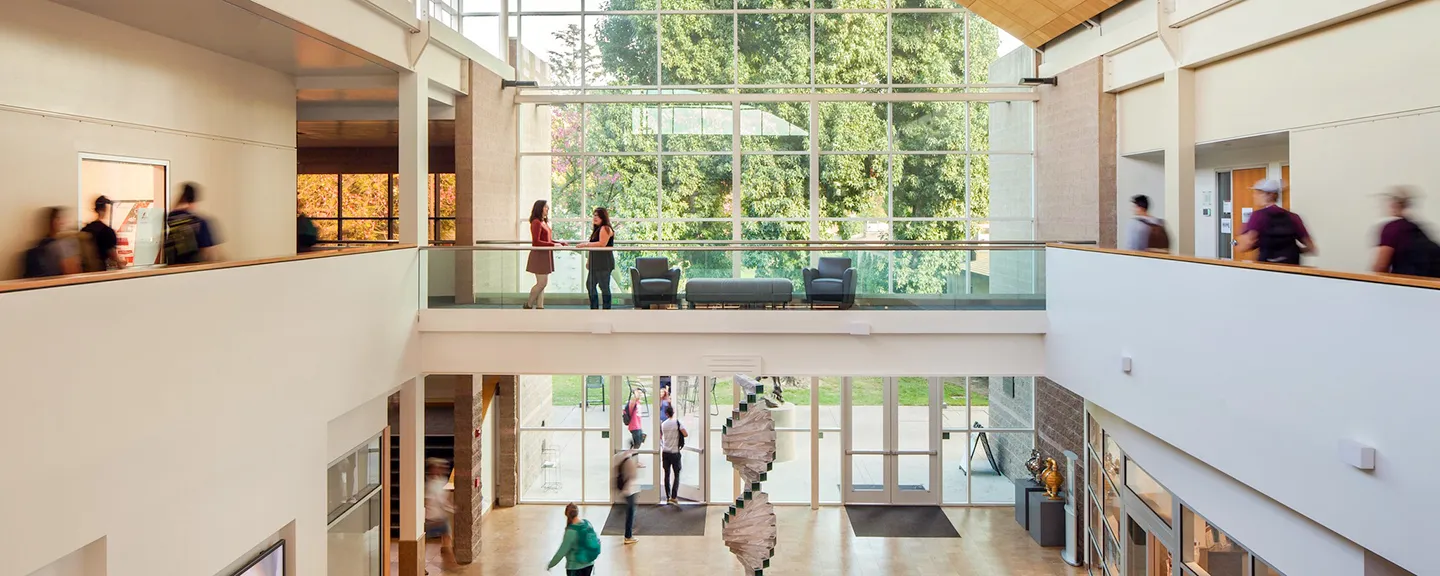- Home
- >
- APU Articles
- >
- News Article
Paying for College: What Is the True Cost of a College Education?
October 24, 2019 | Written By Ashley Eneriz
Read More Articles

But among all this excitement, you might get a glimpse of your proposed tuition and feel an overwhelming sense of “sticker shock.” You may even wonder if you can really afford the cost of a college education. Take a deep breath. That number is simply an estimate and does not take your unique journey and situation into consideration. Before you give up on your dream school, spend time breaking down how much your degree will really cost you. Here’s a hint—it’s probably not as much as you think!
The Benefit of Financial Aid
Financial aid offerings vary based on student needs and the funds a school has available. There’s actually no clear-cut way to predict how much financial aid you can receive, so it’s important to take a few steps to find out.
The first thing you should do is fill out the Free Application for Federal Student Aid (FAFSA). Even if you don’t believe that you or your family qualify for aid, it’s a good idea to apply every year you plan to attend school. You might be surprised by what is offered to you! Plus, many schools also use this application for work-study programs and federal loans.
Your target school might even offer scholarships based on merit and academic accomplishments, or as an incentive for your academic or athletic program. Furthermore, there are many loan forgiveness programs for federal loans that can be applied post-graduation. You’ve got options!
Not All Schools Are the Same
Two universities might offer the same major and the same tuition bill, but they could be completely different. It is important to do your research. You want to look for a school that has a high graduation rate. This means that the school has fewer dropouts and transfers, and more students with degrees.
It is also a good sign if your school can give you post-graduation employment stats. For example, at Azusa Pacific University, 93 percent of domestic accounting students receive a job offer by graduation.
Some schools offer more funding or opportunities for select programs, making them a better fit for one major over another. For instance, APU’s Los Angeles location means there are naturally more perks and opportunities available for screenwriting majors and animation and visual effects majors than there would be at a school in the Midwest.
You Can Accelerate Your Degree
Most undergraduate students graduate after four to five years of study. This is the typical rate—but it isn’t a requirement.
Students can take affordable summer courses to reduce their schooling by a whole semester. Alternatively, they can take their lower-division courses at a community college and transfer them over to earn their degree from APU. For instance, completing and transferring 60-70 lower-division credits would allow you to only pay community college prices for your freshman and sophomore years of school.
Whatever your education goals are, don’t be swayed by the tuition price until you meet with a financial aid counselor. Your actual attendance costs might be lower due to award aid and your living situation (like living at home rather than on campus).
Curious to learn what the cost of a college education will be for you, and what funding options are available to you? Explore Azusa Pacific University’s financial aid opportunities today.
Understanding College Financial Aid